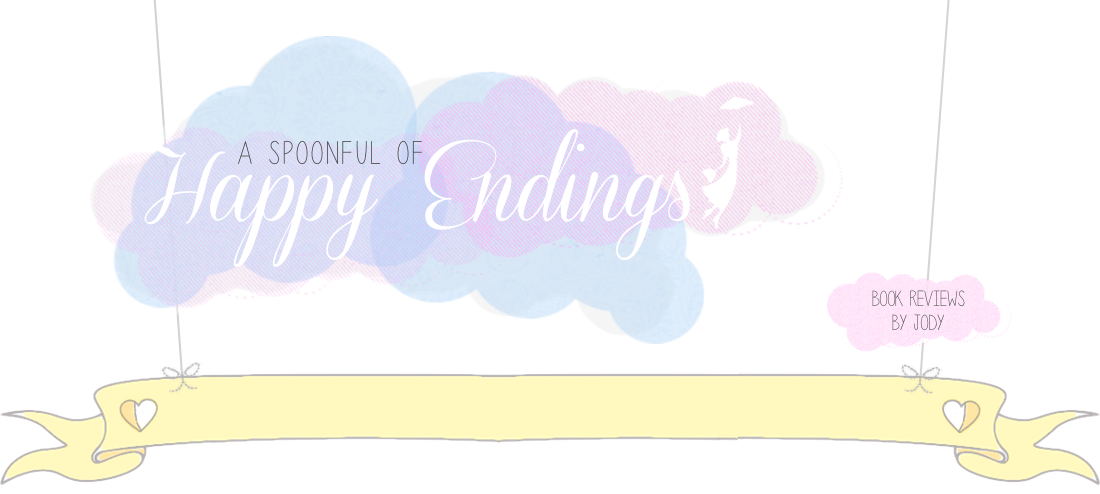But as she finds herself drawn to the old neglected and overgrown walled rose garden and the dilapidated gardener's cottage attached, she suddenly sees a future as she decides to restore them. As the rose garden takes on a new life and starts to bloom again, Molly finds that she can look to the future with new confidence and hope.
When I received a review copy of this novel (thanks to the lovely people at Transworld!), I was pleasantly surprised. I hadn’t heard anything about this book or its author before, but I straight away fell in love with the gorgeous cover (from the beautiful font to the wonderful colours that remind me of spring and sunshine) and the title. I’ve always had a soft spot for large country gardens with tons of flowers and wooden benches with engravings in them... Even though I am personally absolutely rubbish at taking care of even the simplest plants. Somehow, I had a feeling that I would really enjoy this novel, and thankfully, I was right!
Molly Hennessy is heartbroken after the sudden death of her beloved husband, David. She is now a widower with two grown-up daughters who are busy leading their own lives in other parts of Ireland, while she is still living at Mossbawn House, the large country manor that has functioned as their family home for several years. Molly can’t possibly imagine leaving Mossbawn, but there’s simply too much room for just her and her dog Daisy, and financially things aren’t looking great. One day, Molly discovers a part of the grounds she hadn’t really paid too much attention to before, a rose garden, and she decides to restore it to its former glory. With this project to keep her occupied and the help of two other women living in the town of Kilfinn, Gina and Kim, Molly finds herself slowly starting to pick up the pieces of her life and thinking about her own and Mossbawn’s future.
After just a few chapters I was already completely absorbed by this novel. I felt myself wanting to read on and on to find out more about the characters, the small Irish town of Kilfinn in which the story is mainly set, Mossbawn House... All of it. This probably had to do with the fact that ‘The Rose Garden’ includes numerous elements I adore in novels: some great and diverse female characters (Molly, Kim and Gina are each different and lovely women), several plotlines coming together, a wonderful setting (I loved all the descriptions of the Irish countryside) and a large, enchanting, country estate. Marita Conlon-McKenna managed to describe Mossbawn House so perfectly; I could see the house and garden in my mind, and the journey it goes through in this novel was just fabulous. I love visiting these kind of old mansions in my free time, and discovering the history behind the house and the families that grew up there, so the fact that a place like Mossbawn House takes on such a central role in this novel, made me enjoy it even more than I already did because of the interesting storylines and characters.
If I have to name something about this book I really did not like, I don’t think I could come up with something. However, there was something that did bother me a bit and that was the amount of characters, most specifically the amount of names. Kilfinn is a small town in which almost everyone knows everyone, and perhaps this is something Marita Conlon-McKenna wanted to get across. However, all the different names that were introduced with each event or party got my head spinning sometimes, because I couldn’t remember whether I was supposed to know someone or not and whether they played a significant role, yes or no. After a while, though, I just decided to read on and not remember all the different names, which worked out just fine. Overall, ‘The Rose Garden’ is a fabulous, heart-warming story about dealing with loss and taking the time to find love and happiness, in whatever kind or form... A definite must-read for lovers of anything romantic!
Rating:
 9/10
9/10 

Sounds lovely.
ReplyDeleteBy the way, I've nominated you for an award http://iheartsbooks.wordpress.com/2013/06/23/liebster-award-ive-been-nominated/